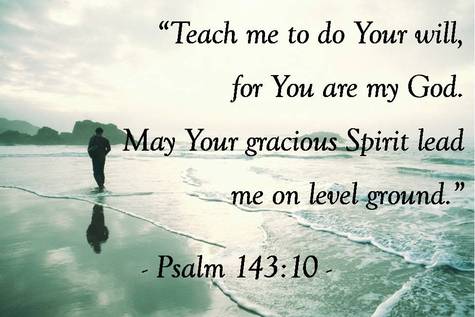The Book of Psalms

The names "Psalms" and Psalter" come from the Septuagint (the Greek translation of the Old Testament). Both originally referred to stringed instruments, then to songs sung with their accompaniment. The traditional Hebrew title means "praises," even though many of the psalms are prayers. Of the 150 psalms, 100 of them are thought to be written by the following authors: David-73; Asaph-12; Sons of Korah-10; Moses-1; Heman the Ezrahite-1; Ethan the Ezrahite-1; and two by Solomon. The rest of the psalms have no recorded author. They were written over a span of 900 years. The Psalter is not a book of catechism or doctrine. It is rather for the most part a book of prayer and praise. It speaks to God in prayer and of God in praise and in professions of faith and trust. At the core of the theology of the Psalter is the conviction that the gravitational center of life, but also of history and the whole creation, is God. He is the great King over all, and the One to whom all things are subject.

The Book of Psalms is the longest book in the Bible, with 150 individual psalms. It is also one of the most diverse, since the psalms deal with such subjects as
God and His creation, war, worship, wisdom, sin and evil, judgment, justice, and the coming of the Messiah.
God and His creation, war, worship, wisdom, sin and evil, judgment, justice, and the coming of the Messiah.

Psalms sits at the very center of the Bible. The major themes found in Psalms
are Praise, God’s Power, Forgiveness, Thankfulness and Trust. “My mouth will
speak the praise of the LORD, and all flesh will bless His holy name forever and
ever” (145:21).
The book of psalms was originally divided into five books. Book 1 is consists
of chapters 1-41, book 2 corresponds to chapters 42-72, book 3 is chapters
73-89, while book 4 includes chapters 90-106 and book 5 is chapters 107-150.
Mainly they are written to help us deliver praise to God who is worthy such as
psalms 150:6 reads, “Let everything that has breath praise the Lord.”
How do we know what God wants for us in our lives? “Your word is a lamp
to my feet and a light to my path” (119:105). The answer is found by
studying His Word, read it, any apply what it teaches to yourself.
Foreshadowing of Jesus
God’s provision of a Savior for His people is a recurring theme in the Psalms. Prophetic pictures of the Messiah are seen in numerous psalms. Psalm 2:1-12 portrays the Messiah’s triumph and kingdom. Psalm 16:8-11 foreshadows His death and resurrection. Psalm 22 shows us the suffering Savior on the cross and presents detailed prophecies of the crucifixion, all of which were fulfilled perfectly. The glories of the Messiah and His bride are on exhibit in Psalm 45:6-7, while Psalms 72:6-17, 89:3-37, 110:1-7 and 132:12-18 present the glory and universality of His reign.
continue to Proverbs...
Foreshadowing of Jesus
God’s provision of a Savior for His people is a recurring theme in the Psalms. Prophetic pictures of the Messiah are seen in numerous psalms. Psalm 2:1-12 portrays the Messiah’s triumph and kingdom. Psalm 16:8-11 foreshadows His death and resurrection. Psalm 22 shows us the suffering Savior on the cross and presents detailed prophecies of the crucifixion, all of which were fulfilled perfectly. The glories of the Messiah and His bride are on exhibit in Psalm 45:6-7, while Psalms 72:6-17, 89:3-37, 110:1-7 and 132:12-18 present the glory and universality of His reign.
continue to Proverbs...